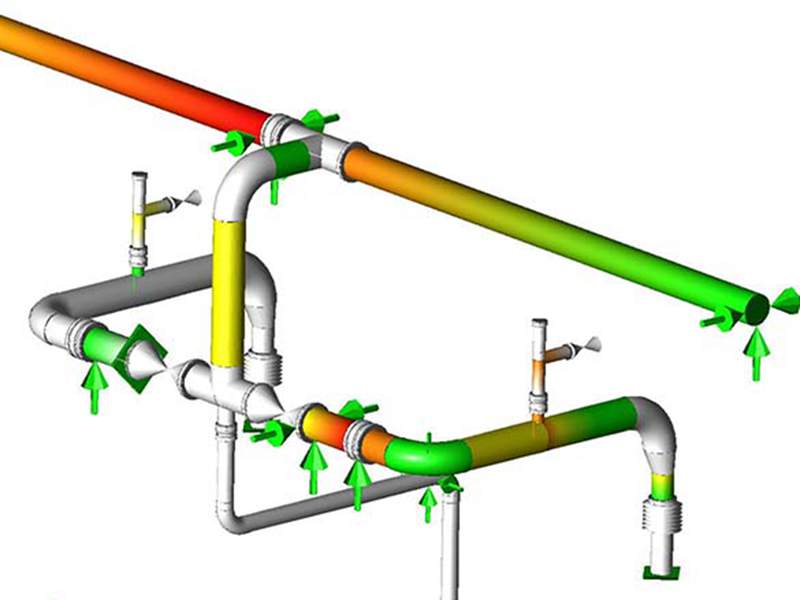
-
 Afrikaans
Afrikaans -
 Albanian
Albanian -
 Amharic
Amharic -
 Arabic
Arabic -
 Armenian
Armenian -
 Azerbaijani
Azerbaijani -
 Basque
Basque -
 Belarusian
Belarusian -
 Bengali
Bengali -
 Bosnian
Bosnian -
 Bulgarian
Bulgarian -
 Catalan
Catalan -
 Cebuano
Cebuano -
 China
China -
 China (Taiwan)
China (Taiwan) -
 Corsican
Corsican -
 Croatian
Croatian -
 Czech
Czech -
 Danish
Danish -
 Dutch
Dutch -
 English
English -
 Esperanto
Esperanto -
 Estonian
Estonian -
 Finnish
Finnish -
 French
French -
 Frisian
Frisian -
 Galician
Galician -
 Georgian
Georgian -
 German
German -
 Greek
Greek -
 Gujarati
Gujarati -
 Haitian Creole
Haitian Creole -
 hausa
hausa -
 hawaiian
hawaiian -
 Hebrew
Hebrew -
 Hindi
Hindi -
 Miao
Miao -
 Hungarian
Hungarian -
 Icelandic
Icelandic -
 igbo
igbo -
 Indonesian
Indonesian -
 irish
irish -
 Italian
Italian -
 Japanese
Japanese -
 Javanese
Javanese -
 Kannada
Kannada -
 kazakh
kazakh -
 Khmer
Khmer -
 Rwandese
Rwandese -
 Korean
Korean -
 Kurdish
Kurdish -
 Kyrgyz
Kyrgyz -
 Lao
Lao -
 Latin
Latin -
 Latvian
Latvian -
 Lithuanian
Lithuanian -
 Luxembourgish
Luxembourgish -
 Macedonian
Macedonian -
 Malgashi
Malgashi -
 Malay
Malay -
 Malayalam
Malayalam -
 Maltese
Maltese -
 Maori
Maori -
 Marathi
Marathi -
 Mongolian
Mongolian -
 Myanmar
Myanmar -
 Nepali
Nepali -
 Norwegian
Norwegian -
 Norwegian
Norwegian -
 Occitan
Occitan -
 Pashto
Pashto -
 Persian
Persian -
 Polish
Polish -
 Portuguese
Portuguese -
 Punjabi
Punjabi -
 Romanian
Romanian -
 Russian
Russian -
 Samoan
Samoan -
 Scottish Gaelic
Scottish Gaelic -
 Serbian
Serbian -
 Sesotho
Sesotho -
 Shona
Shona -
 Sindhi
Sindhi -
 Sinhala
Sinhala -
 Slovak
Slovak -
 Slovenian
Slovenian -
 Somali
Somali -
 Spanish
Spanish -
 Sundanese
Sundanese -
 Swahili
Swahili -
 Swedish
Swedish -
 Tagalog
Tagalog -
 Tajik
Tajik -
 Tamil
Tamil -
 Tatar
Tatar -
 Telugu
Telugu -
 Thai
Thai -
 Turkish
Turkish -
 Turkmen
Turkmen -
 Ukrainian
Ukrainian -
 Urdu
Urdu -
 Uighur
Uighur -
 Uzbek
Uzbek -
 Vietnamese
Vietnamese -
 Welsh
Welsh -
 Bantu
Bantu -
 Yiddish
Yiddish -
 Yoruba
Yoruba -
 Zulu
Zulu
fiberglass pipes and fittings for ship building
The Advantages of Fiberglass Pipes and Fittings in Shipbuilding
In the maritime industry, the integrity and durability of materials used in the construction of ships are paramount. Fiberglass pipes and fittings have emerged as a superior choice for shipbuilding, owing to their numerous advantages over traditional materials such as metal and plastic. This article explores the key benefits of utilizing fiberglass pipes and fittings in shipbuilding.
Lightweight Yet Strong
One of the most significant advantages of fiberglass pipes and fittings is their lightweight nature. Fiberglass, a composite material made from glass fibers and resin, is significantly lighter than metals like steel or aluminum. This reduction in weight contributes to overall fuel efficiency and can enhance vessel performance on the water. Despite their lightweight, fiberglass components maintain exceptional strength and structural integrity, allowing them to withstand the harsh marine environment without compromising reliability.
Corrosion Resistance
Ships are often exposed to harsh conditions, including saltwater, humidity, and varying temperatures. Traditional metallic pipes are susceptible to rust and corrosion under these conditions, resulting in costly maintenance and repairs over the ship's lifespan. Conversely, fiberglass pipes and fittings exhibit superior resistance to corrosion and chemical degradation, ensuring longevity and reducing the overall maintenance costs associated with ship operations.
Easier Installation and Maintenance
The installation of fiberglass pipes is relatively straightforward due to their lightweight nature and flexibility. This ease of handling leads to reduced labor costs and shorter installation timeframes. Additionally, fiberglass pipes do not require special tools for cutting and joining, further streamlining the installation process. Moreover, maintenance is minimal; fiberglass requires less frequent inspection and replacement than traditional systems. This reliability is essential for maintaining operational efficiency and minimizing downtime.
fiberglass pipes and fittings for ship building

Thermal Insulation Properties
Another noteworthy property of fiberglass is its excellent thermal insulation capabilities. Fiberglass pipes can effectively reduce heat transfer, which is particularly beneficial in systems involving hot fluids. This property not only enhances energy efficiency but also helps maintain temperature-sensitive cargo, making fiberglass an optimal choice for various shipboard applications.
Environmental Sustainability
As the industry moves toward more sustainable practices, the use of fiberglass materials aligns with these goals. Fiberglass pipes are often manufactured using eco-friendly processes, and their durability contributes to reduced waste over time. Furthermore, fiberglass can be recycled at the end of its life cycle, thereby minimizing the environmental impact associated with shipbuilding.
Increased Safety
Safety is a critical consideration in shipbuilding. Fiberglass pipes and fittings are non-conductive and do not create sparks, reducing the risk of ignition in flammable environments. Their excellent resistance to extreme temperatures also enhances safety measures on board, making fiberglass a preferred material in the construction of marine systems.
Conclusion
Fiberglass pipes and fittings represent a significant advancement in shipbuilding materials, offering a range of benefits that enhance performance, safety, and longevity. With their lightweight, corrosion resistance, thermal insulation properties, and sustainability, fiberglass components are set to become an integral part of future naval engineering. As the maritime industry continues to evolve, the adoption of such innovative materials will play a crucial role in shaping the ships of tomorrow.









